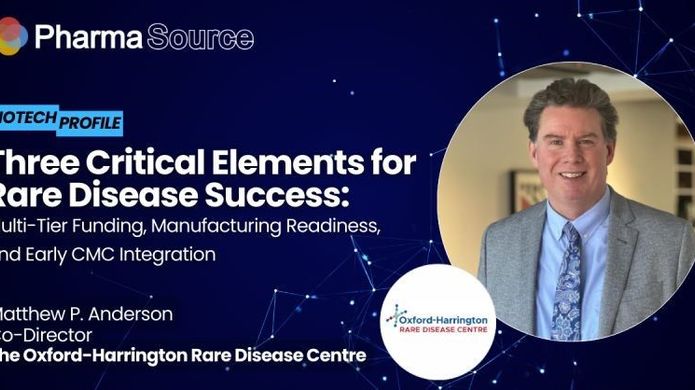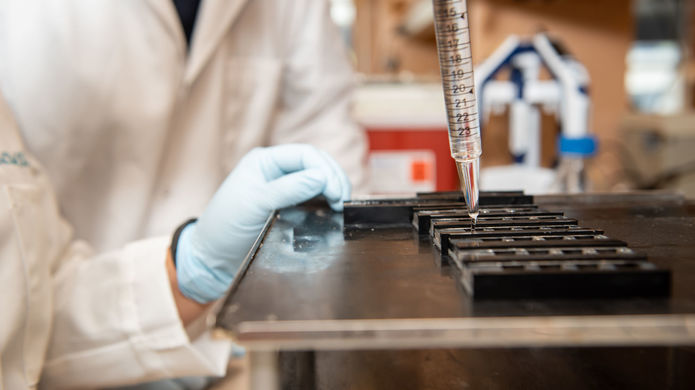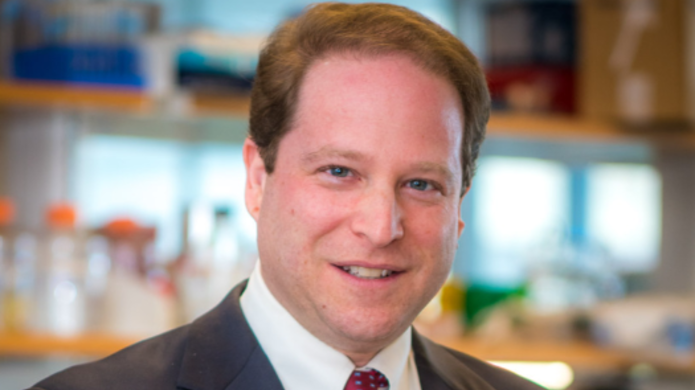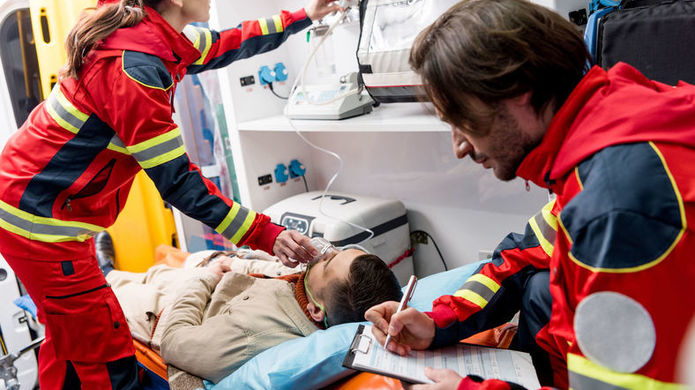Call Now Open
2026 Oxford-Harrington Rare Disease Scholar Award

January 15, 2026
The Oxford-Harrington Rare Disease Centre (OHC), a partnership between the University of Oxford, UK and Harrington Discovery Institute at University Hospitals, Cleveland, Ohio, is seeking highly innovative projects for its 2026 Rare Disease Scholar Award, which accelerates promising therapeutics discoveries from academic labs...
Continue Reading
February 06, 2026
Harrington Discovery Institute at University Hospitals is supporting the development of a new drug called Zalunfiban that helped thousands of heart attack patients avoid complications in clinical trials. Continue Reading

January 29, 2026
Oxford-Harrington Rare Disease Centre operates a transatlantic model that embeds industry expertise directly into academic rare disease programs. $250 Million Committed to Advance 40 Therapies into Clinical Trials by 2034 Continue Reading

December 23, 2025
New Study from University Hospitals and Case Western Reserve University published in Science Signaling Continue Reading

December 23, 2025
A conversation with Matthew P. Anderson, MD, Ph.D., co-director, Oxford-Harrington Rare Disease Centre, featured in Drug Discovery Online Continue Reading

December 22, 2025
For over a century, Alzheimer's disease (AD) has been considered irreversible. Consequently, research has focused on disease prevention or slowing, rather than recovery. Despite billions of dollars spent on decades of research, there has never been a clinical trial of a drug for AD with an outcome goal of reversing disease and... Continue Reading

December 16, 2025
Despite the central role of p53 suppression in cancer pathogenesis, the promise of therapeutic p53 reactivation remains unrealized, with targeted and combination chemotherapies limited by efficacy, toxicity, and delivery. Continue Reading

November 20, 2025
Ten scientists selected for second annual award to pursue innovations in gene, RNA, small molecule and cell therapies to treat rare and ultra-rare diseases Continue Reading

November 14, 2025
Scientists are trying a revolutionary new approach to treat rheumatoid arthritis, multiple sclerosis, lupus and other devastating autoimmune diseases — by reprogramming patients’ out-of-whack immune systems. Continue Reading

November 13, 2025
Positive results at AHA Scientific Sessions, published in NEJM Evidence Continue Reading

October 15, 2025
Grant award provides MD/PhD candidates with funding and expertise to translate promising scientific discoveries into medicines Continue Reading